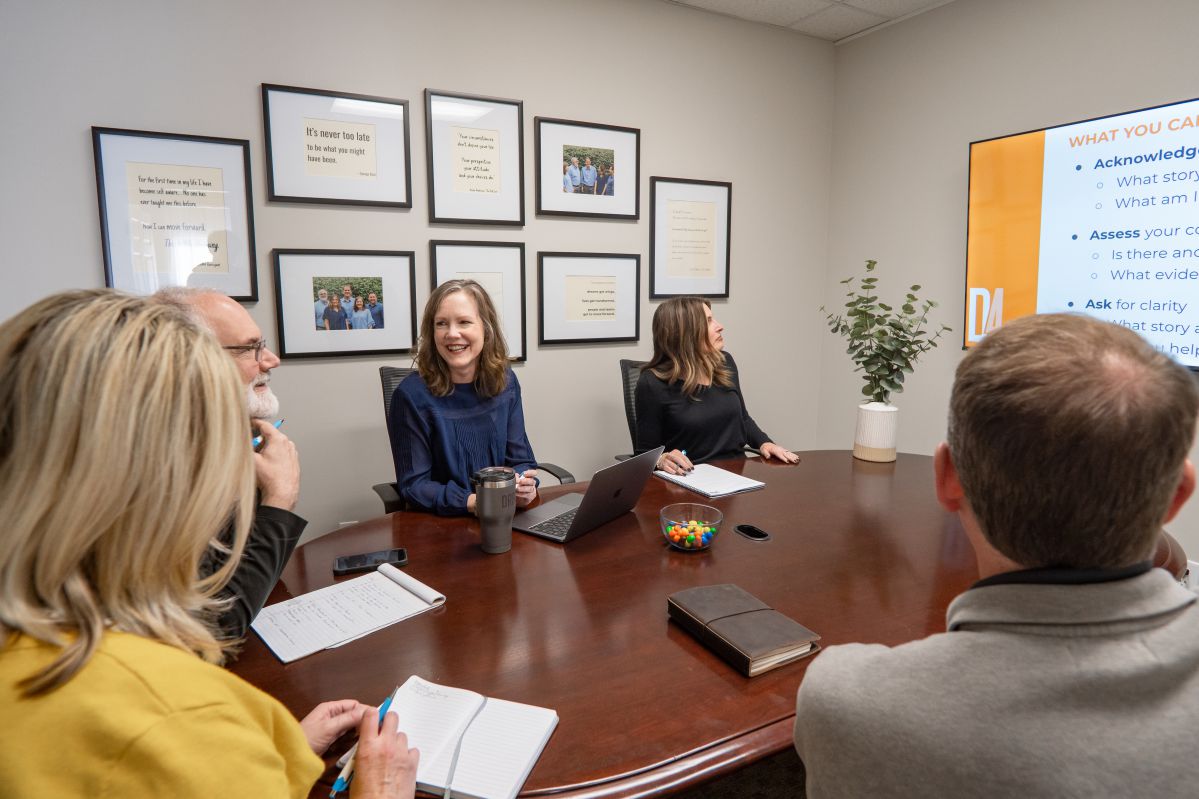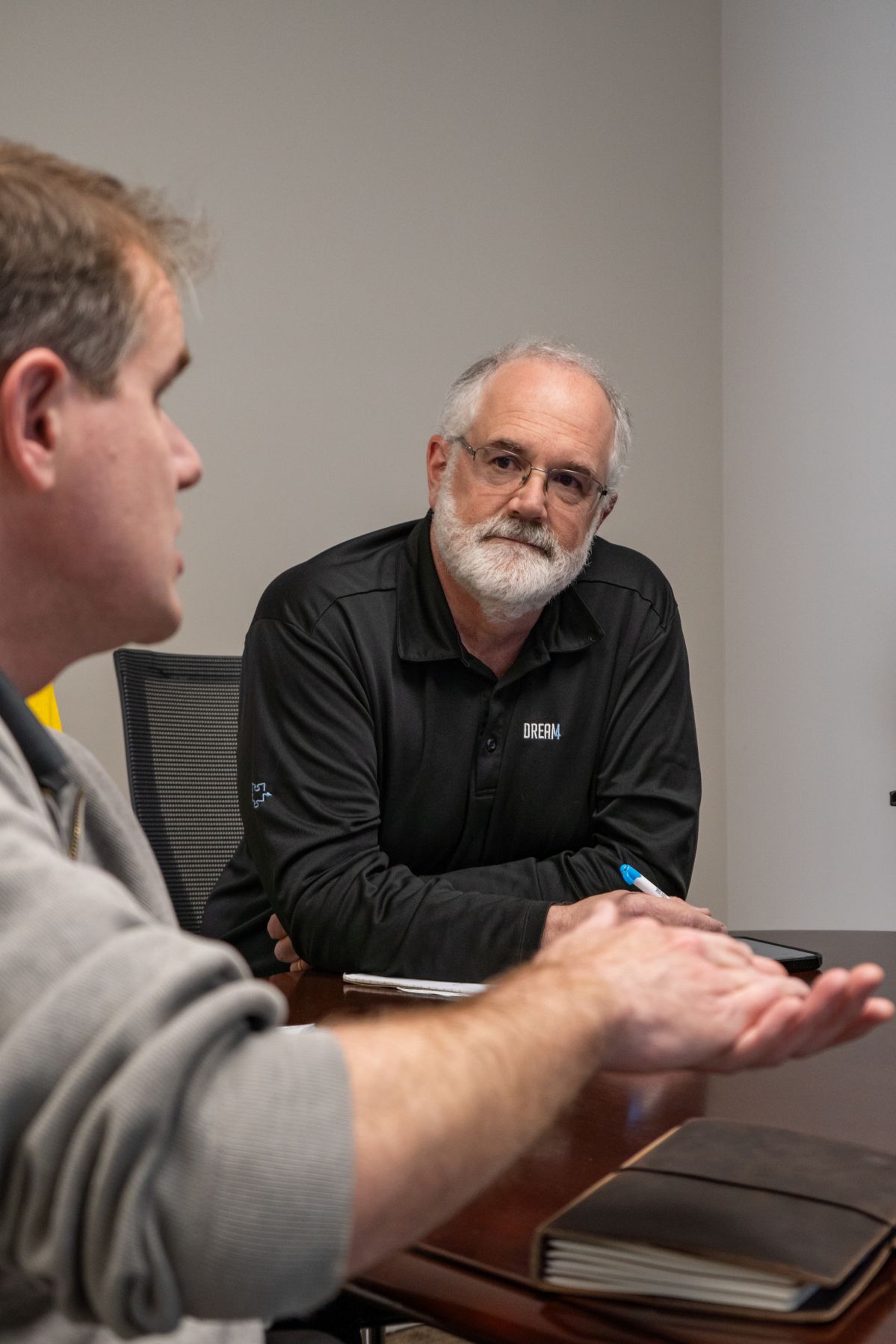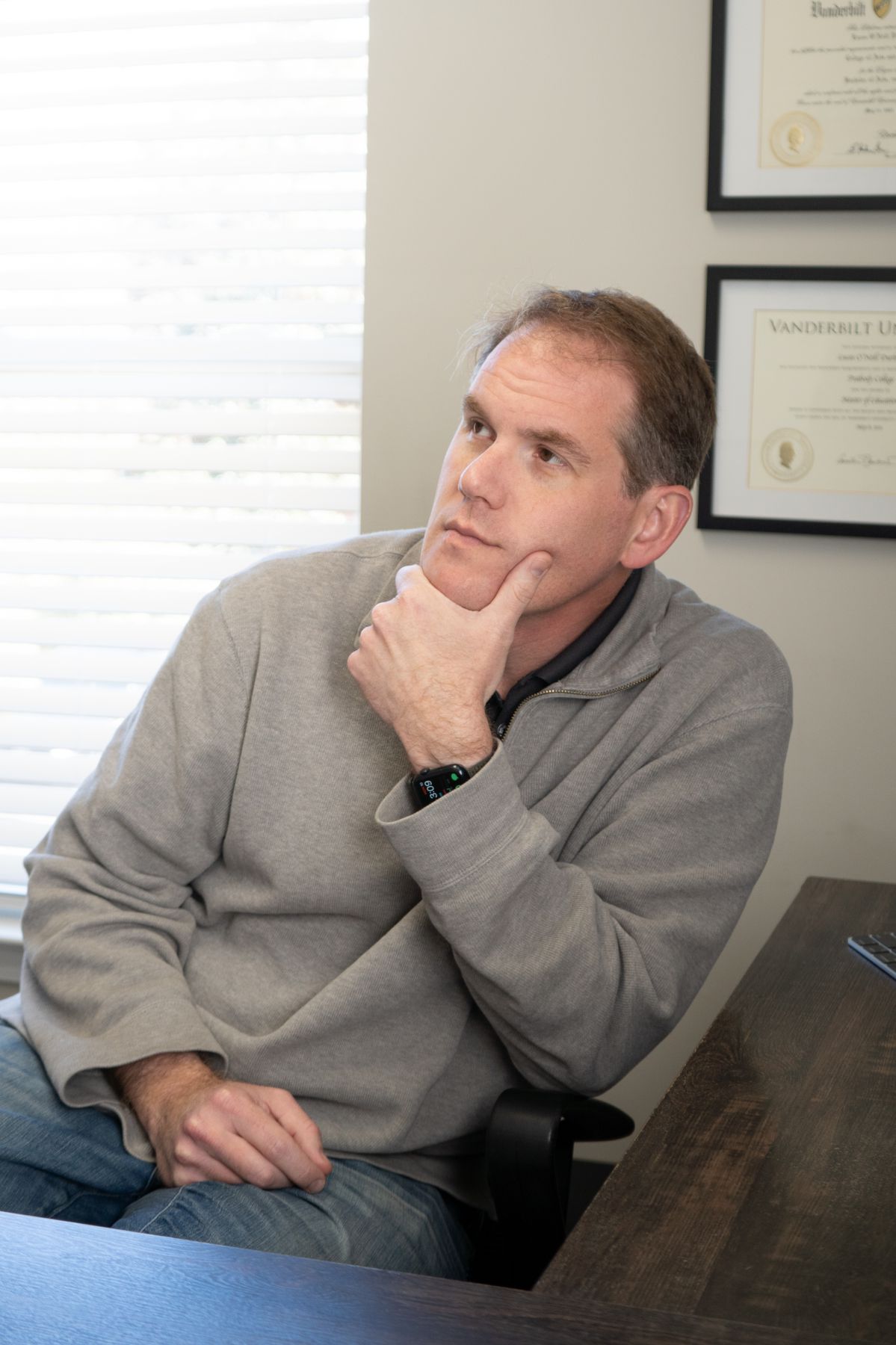One essential characteristic of solid, mature leadership is decisiveness. This is true in both personal and professional matters. Effective leaders do not stand around appearing unclear and uncertain. Instead, they arrive at their decisions in a timely way and communicate the next path forward to others. Although there are several qualities that emerging leaders should develop to become better decision-makers this narrative will focus on three: emotional intelligence, handling uncertainty, and utilizing our intuition or “gut-feel.”
Emotional intelligence is the ability to understand and manage our emotions and those of others. This is one of the most important qualities a growing leader must possess. A leader’s emotions are contagious. This is why resonant leadership is so important—a leader’s mood will resonate with others and set the tone for the emotional climate in an organization. Emotional intelligence consists of self-awareness, self-management, social awareness, and relationship management.
- Self-awareness is the foundation for all aspects of emotional intelligence. It involves being able to accurately assess yourself. Before you can change, you must be aware of your thoughts, feelings, and actions.
- Self-management entails the ability to understand and control your emotions, adapt to change, and adopt an optimistic outlook.
- Social awareness is similar to self-awareness; but the focus is external and involves understanding the thoughts, feelings, and actions of others, as well as how to relate to other people. We call it interpersonal dexterity.
- Relationship management is crucial for great leadership and includes qualities such as being influential, inspirational, and developing others. This takes intentional time and focus.
Uncertainty & surprises – We do not like uncertainty or surprises. However, these are daily realities for leaders which can create discomfort and potentially lead to “analysis paralysis.” We may be tempted to analyze a given situation from every angle to alleviate our sense of uncertainty. These efforts are often futile and waste valuable time and energy without arriving at a better choice anyway.
We can easily be paralyzed by uncertainty and end up basing our decisions on things that aren’t even related. Mature leaders learn to question their attempts to find greater clarity before making decisions because often we are simply looking for a false sense of security. If we are able to accept the uncertainty rather than try to resolve it, we can focus our limited time, energy, and other resources on making the best decisions possible in the face of an uncertain outcome. We absolutely should analyze the information available but should not wait on data that is actually less related to the ultimate choice. If what you don’t know is less important, then the next step is to accept the uncertainty and proceed in spite of it.
Intuition & “feel” – Excellent leaders often say that they “go with their gut” to make decisions. They are able to trust themselves and their expertise and not get stuck in the cycle of over-thinking and data analysis. The more you know about a subject, the more reliable your intuition will be. Make yourself an expert in your field and your intuition will often be your best guide.
You may have heard intuition described as a nagging little voice inside you. It typically speaks softly rather than screaming out at you. Unfortunately, in our non-stop, busy, technology-filled worlds, it can be easy to not hear our intuition. It is always speaking, but we are often not listening. To hear your intuition you must have some time when you’re a human being, not a human doing. Build periods of quiet into your life and you will be surprised at what you hear.
Great decision making takes practice. As you now know, this process requires a certain level of comfort and discomfort. We could play it safe and defer important decisions to others, spend hours and hours analyzing and agonizing over every option, or we could accept the level of risk and go for it. Many people are afraid of making a bad decision or the wrong decision. We can only do our best with the information we have available to us at the time. Most of the time we can recover from making the wrong decision but it is often difficult to make progress without making them at all. There is typically not a perfect right or a wrong answer. Sometimes we even find unexpected opportunities by temporarily going down the “wrong” path.
Most importantly, don’t get bogged down by decision fatigue!
Your ability to be an effective leader impacts your coworkers, employees, and those around you. Learn more about the DREAM4 Leadership Model and how it can transform your workplace.
So go for it…just decide to decide!!




